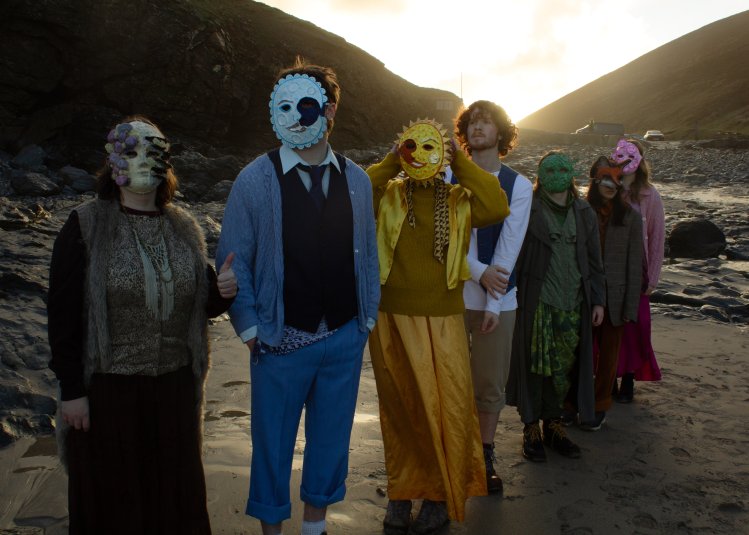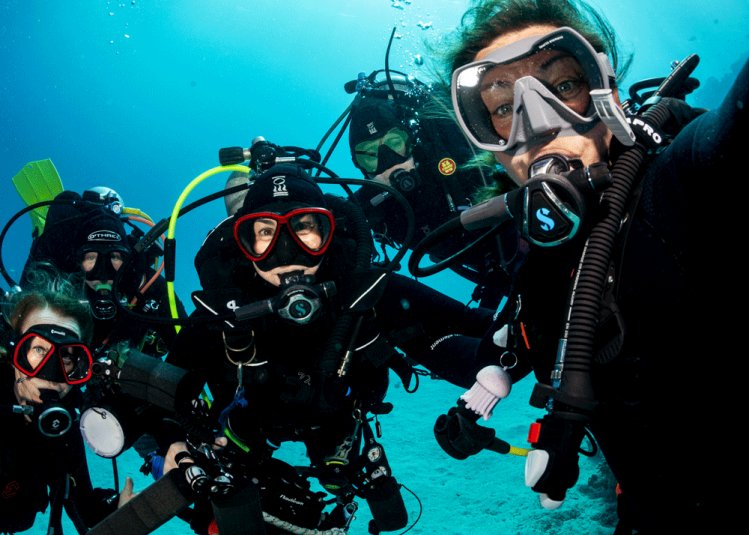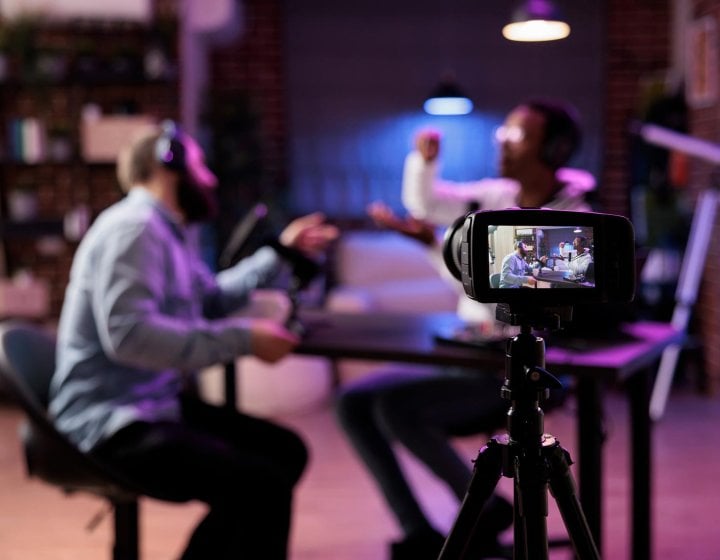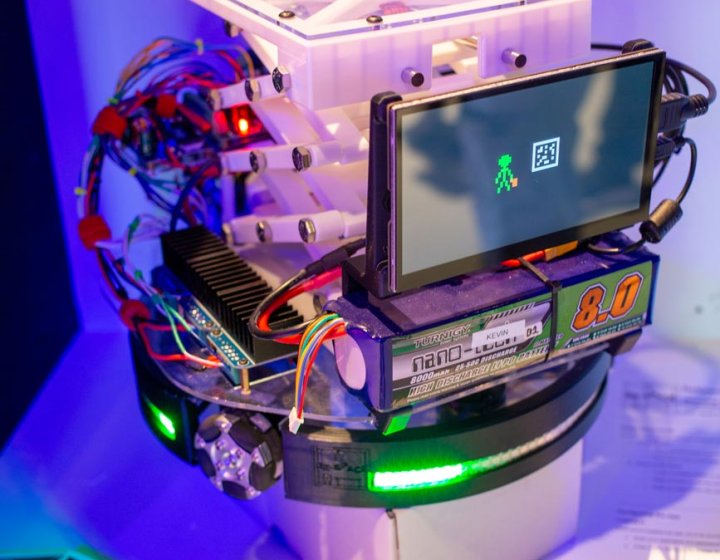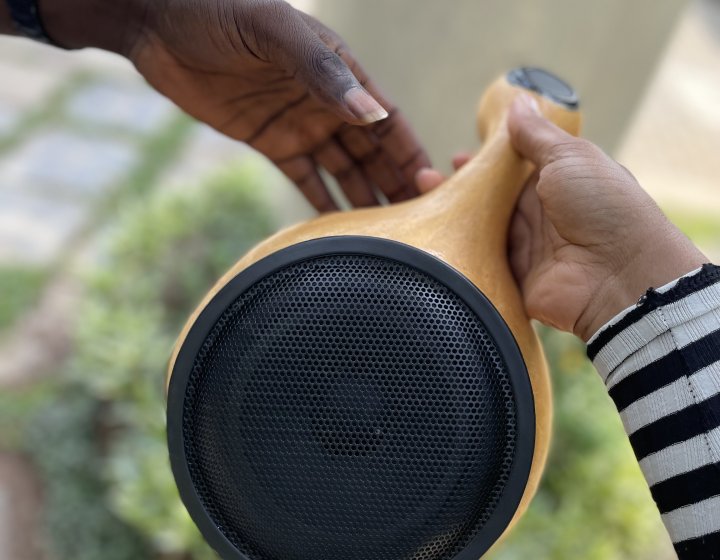Creative Events Management course leader on the communality of live events
17 June 2025
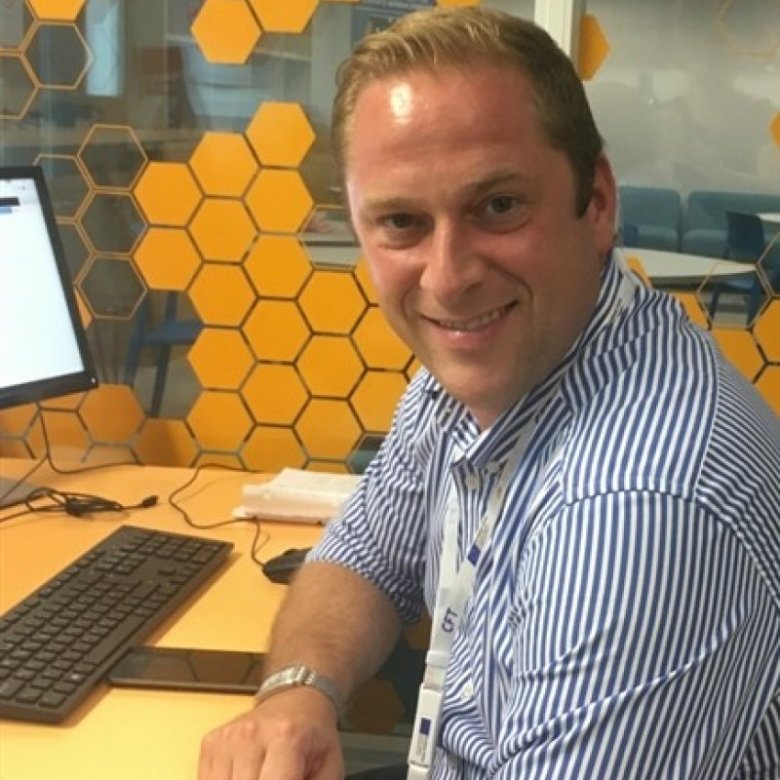
Live events are an integral part of the creative industries and beyond, and with increasingly discerning audiences and the quickening pace of technological advancements, events management requires real expertise.
With a strong legacy of supporting budding events professionals here at Falmouth, our online master’s in Creative Events Management is equipping the next generation of managers and programmers to deliver inspiring and inclusive live events for audiences around the world.
We recently chatted to Course Leader Paul Russell, to learn more about his route into live events, his global perspective and his belief in the community-building power of live events.
When did you first become interested in hospitality, tourism and events?
I have always been interested in food and travel and from a young age developed an appreciation of cultural diversity through cuisine. I may not have necessarily realised it at the time, but those early experiences helped to shape the way that I saw the world. I was also fascinated with choreography and performance related to hospitality and events, and fell in love with the ‘theatre’ of service. I always wanted to know what was happening behind the scenes; the ‘back of house’ seemed like a magical hidden world. Of course, I know now that rather than magic, a lot of planning, coordination and hard work goes into delivering those experiences!
My view is that the future of events will be as rich and varied as it has always been – maybe even more so, and at Falmouth, we are ready to shape that future.
Can you tell us about an event you attended which greatly impacted you as an audience member?
One of the incredible things about events is the potential for a shared experience that develops a sense of community among attendees. One event that stands out for me in this respect is Andre Rieu in Maastricht's Vrijthof Square. A standout feature of the event is that it attracts a wide range of attendees from all over the world. Through music, theatrical presentation, performance and audience engagement, Andre Rieu skillfully brings people together. I am sure that anyone who has attended the event will agree that by the time you reach the triumphant finale, what started out as a collection of strangers becomes a group of like-minded friends.
You have lectured on hospitality, tourism and events management across the world. What do you most enjoy about the way in which management of events differs across cultures?
In some ways, the most interesting differences are the small ones – the little individualities and traits that you pick up around the world. I was always struck, working in Hong Kong and Malaysia, by the sense of ceremony and ritual that would often be observable at even the smallest events – the importance of communicating respect and preserving age-honoured cultural cues.
What has surprised you the most about leading Falmouth’s online community of creative events management students?
I am always struck by the variety of life experiences that people bring to the course, and this really reflects the scale and scope of the events industry. I also enjoy how the course allows students to build on their passions and in many cases, supports them to develop new ones. I have experienced this myself when starting out in higher education as a mature student; I may have started the course with a certain goal in mind, but one of the joyous aspects of developing yourself is that it can open your mind to alternatives and widen your perceptions of what you can become.
In some ways, the most interesting differences are the small ones – the little individualities and traits that you pick up around the world.
What are the benefits of studying Creative Events Management at a creative university like Falmouth?
The use of the term ‘creative’ in the course title is carefully considered and something that we are very mindful of. We interpret creativity in different ways and one of those ways relates to working within creative sectors. Falmouth University has a rich heritage in this field and can utilise expertise and experience from a wide range of aligned subjects. However, we also interpret the term ‘creativity’ as an attribute and explore how we can all develop our own creativity and integrate that creative talent into the design and development of events.
With the acceleration of new technologies in the industry, what do you think the future of events management will look like?
In many ways technology brings new opportunities to the sector – functional as well as experiential and performative benefits. Using technology, we can provide more bespoke experiences for attendees and can also bring added operational benefits such as improving inclusivity and accessibility, and environmental impacts. Technology can also be used creatively to push the boundaries of artistic expression and audience connection. My view is that the future of events will be as rich and varied as it has always been – maybe even more so, and at Falmouth, we are ready to shape that future.
